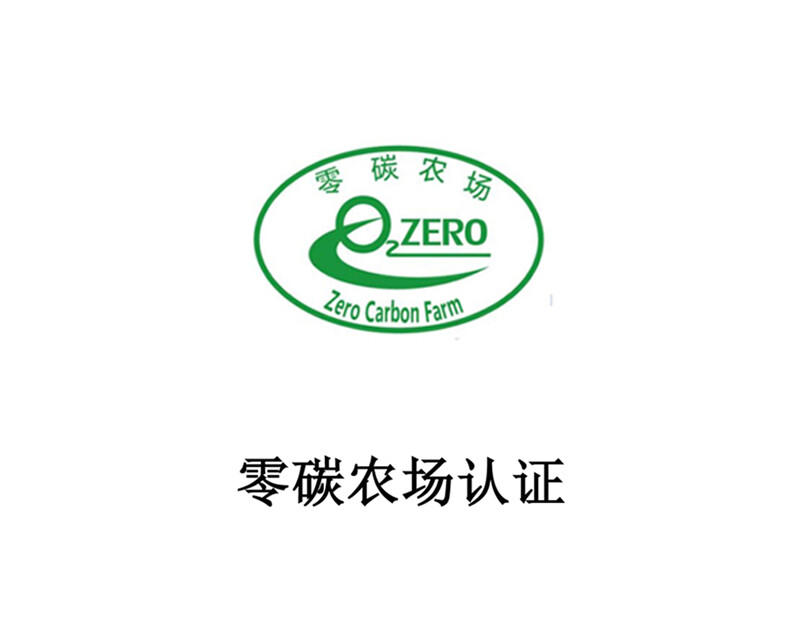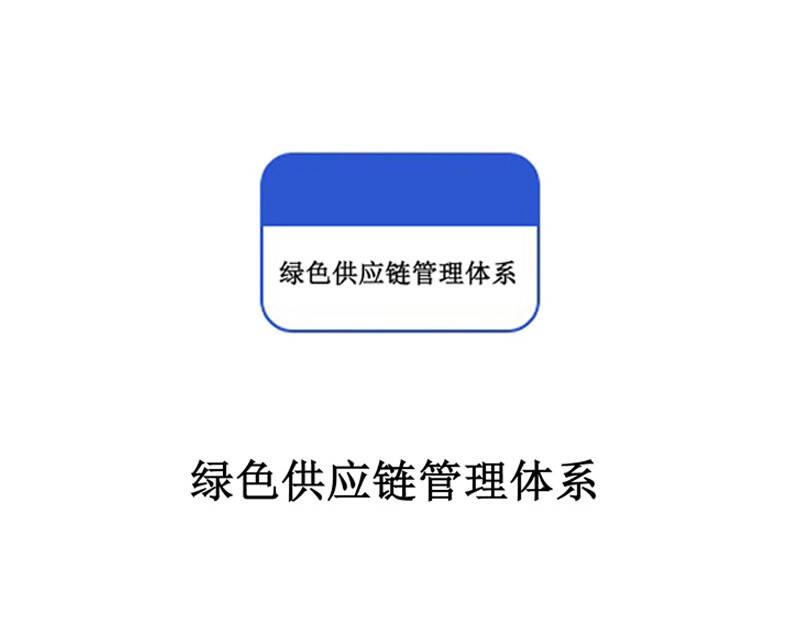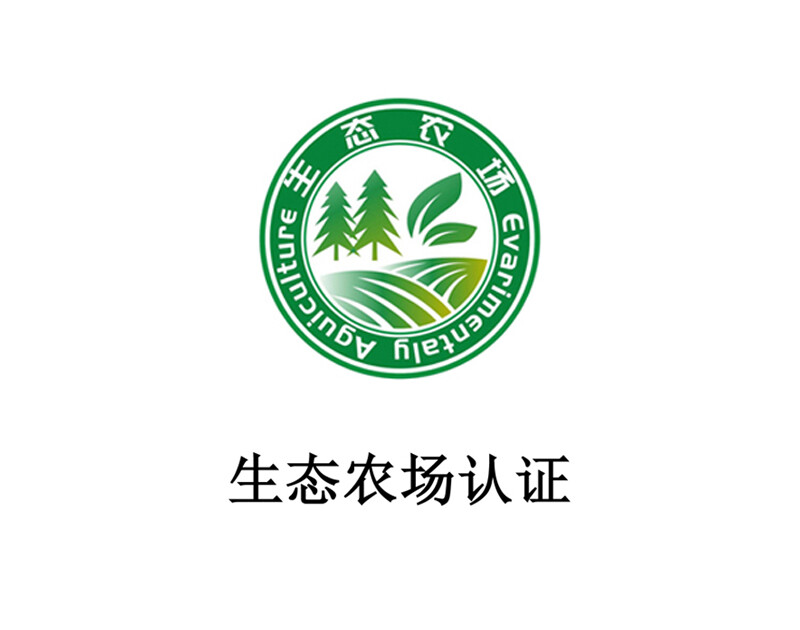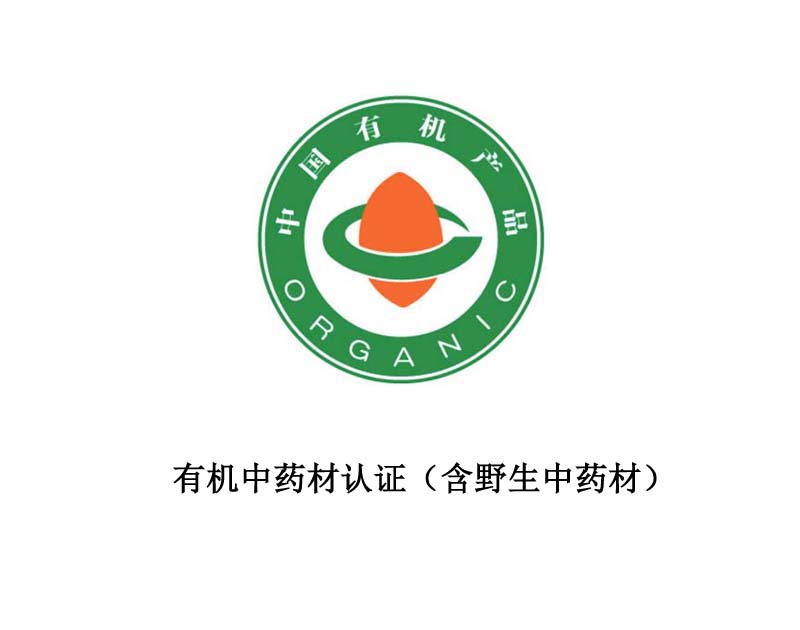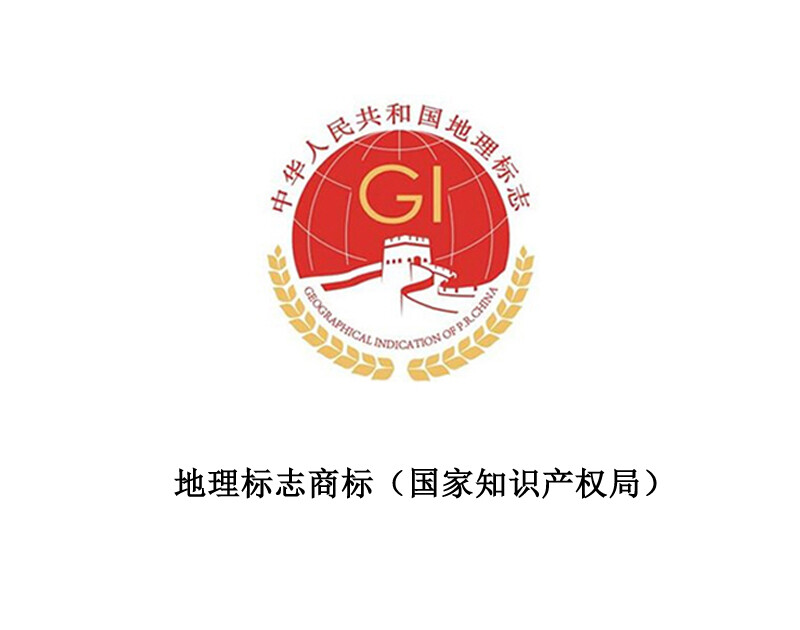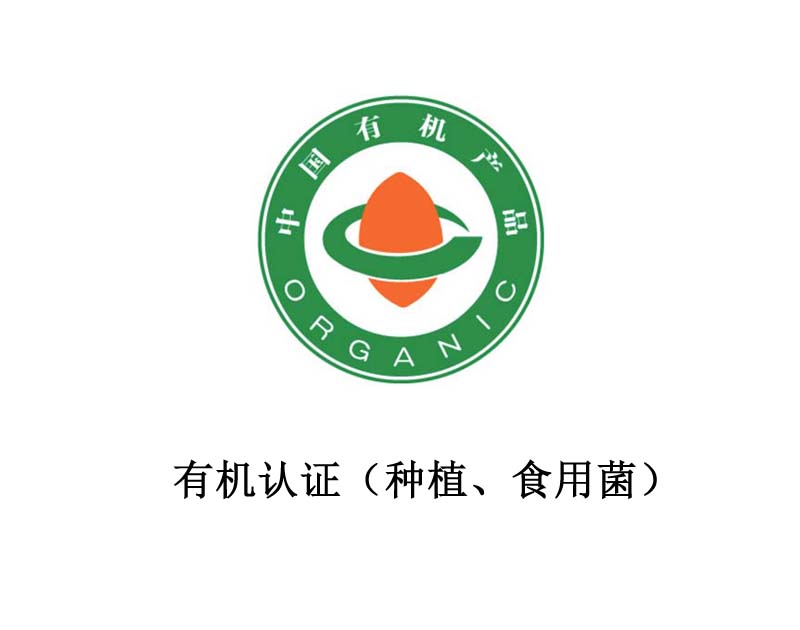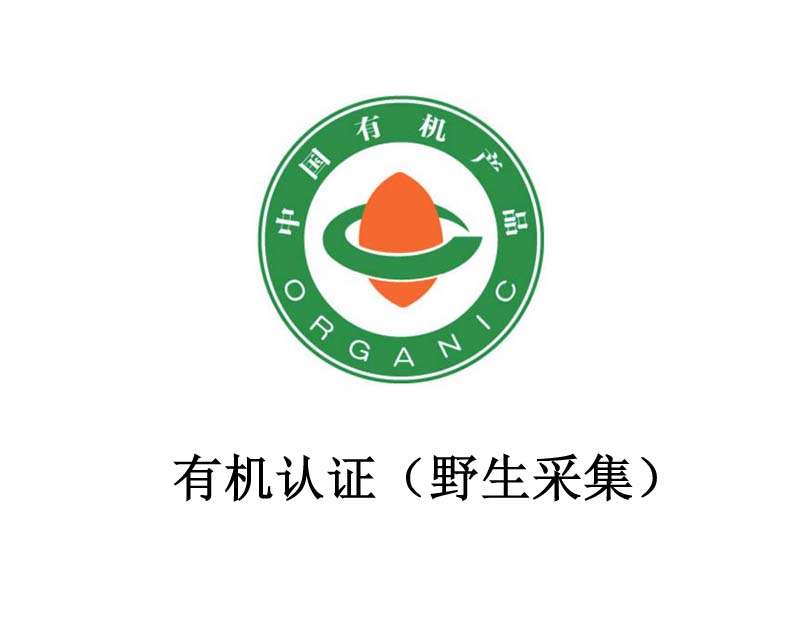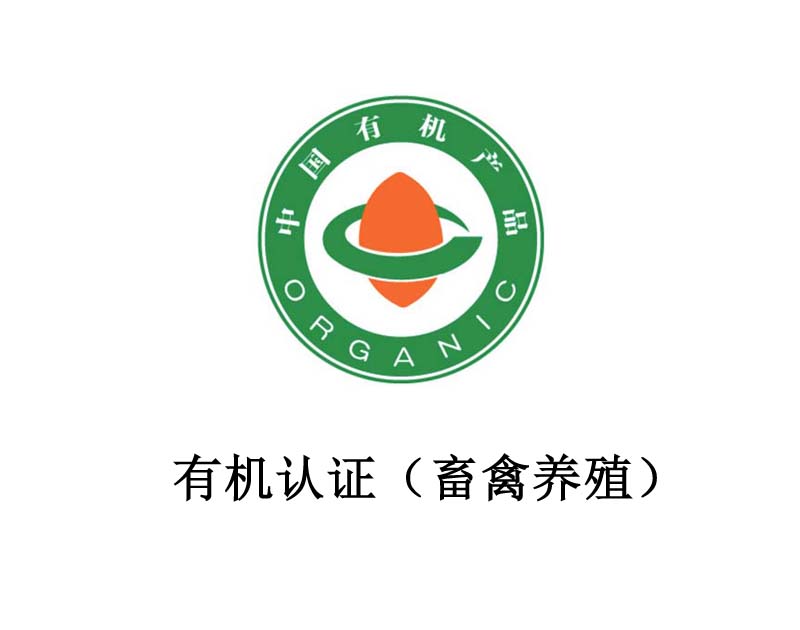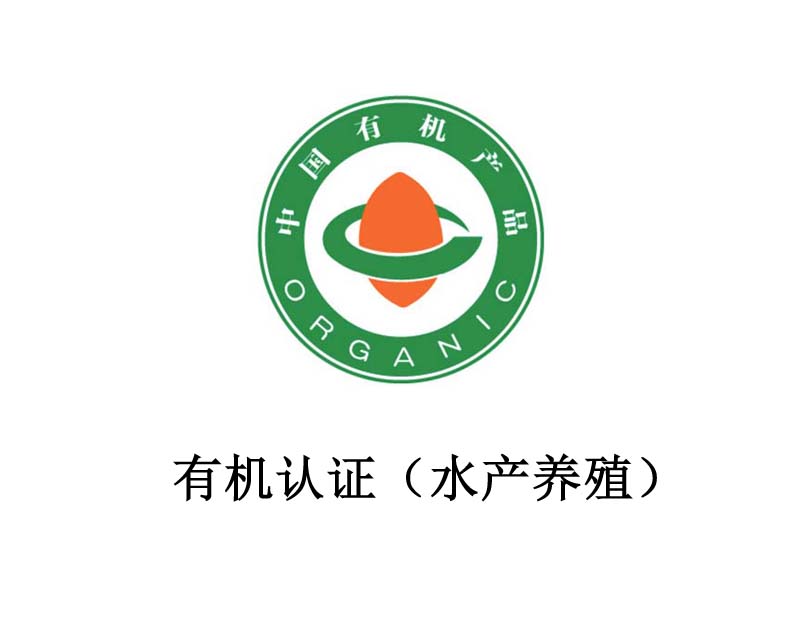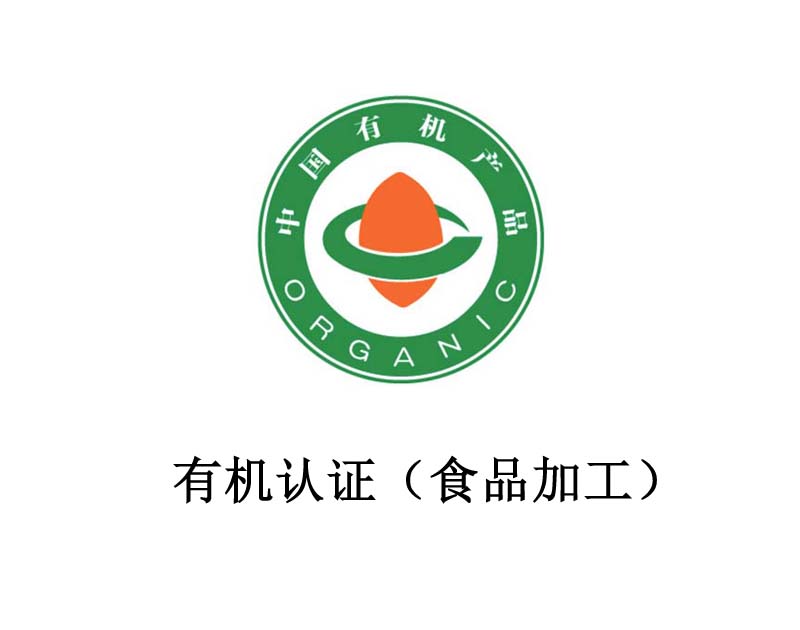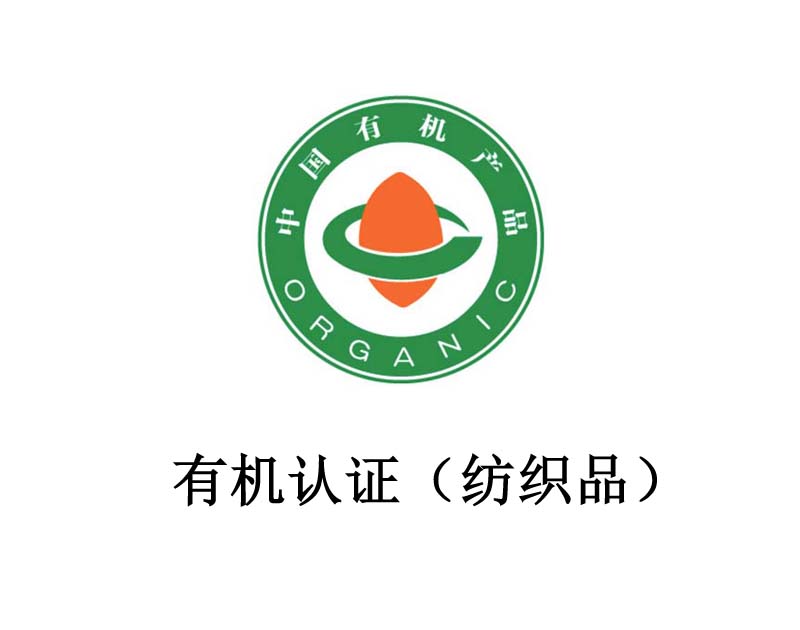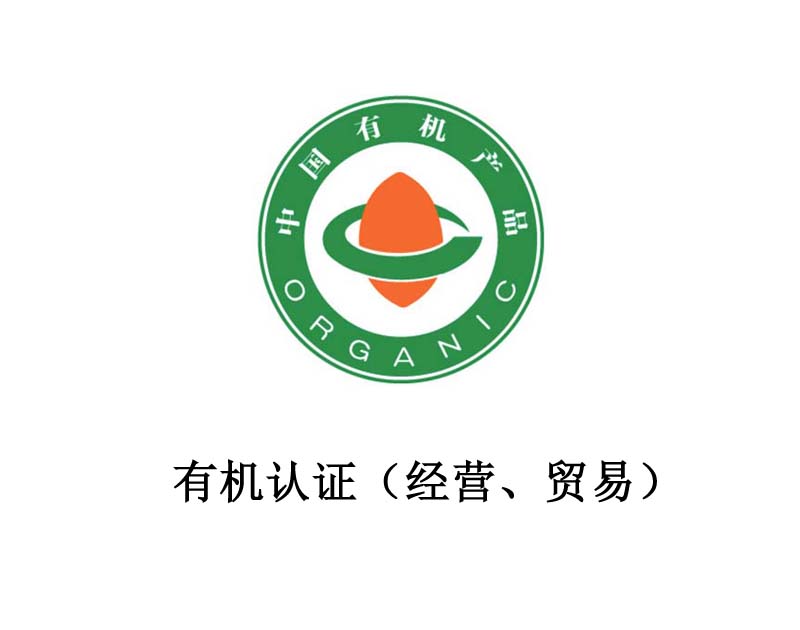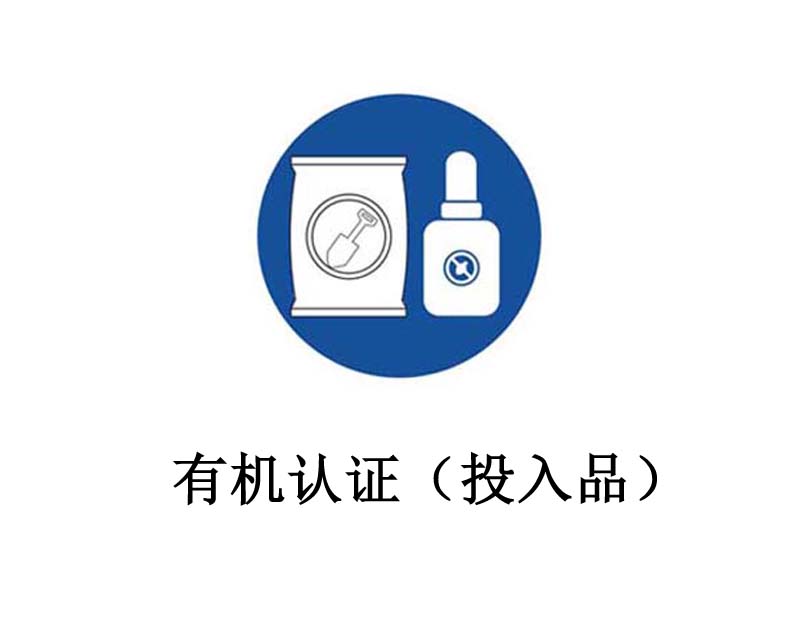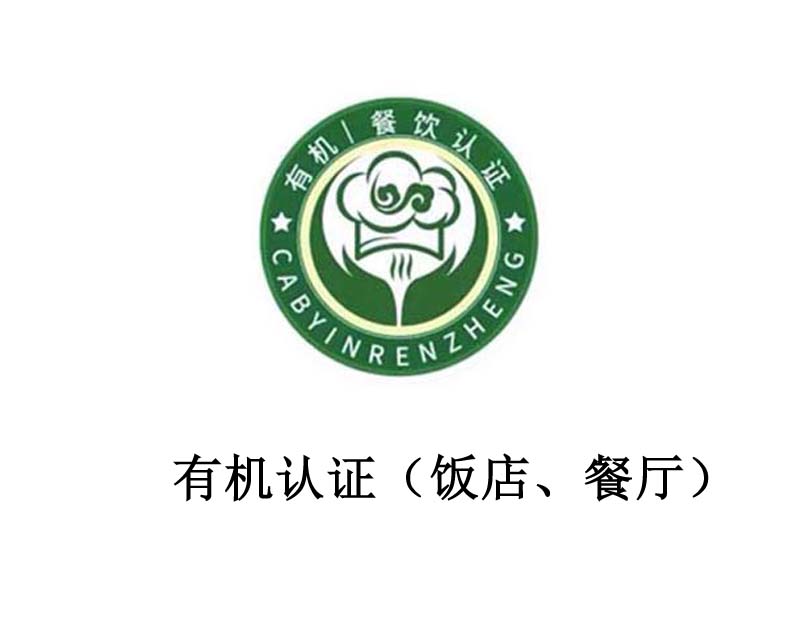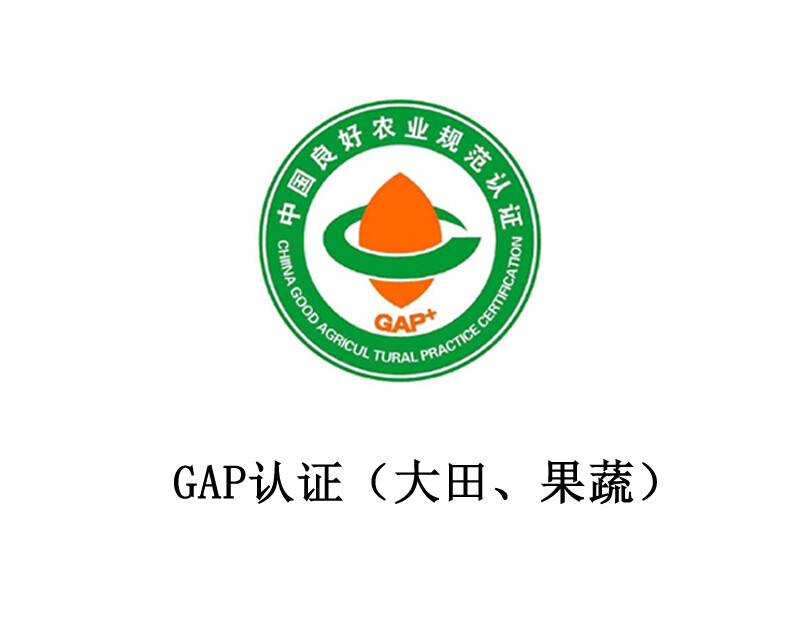Agricultural Product Food Certification Service Network
Technical Support: China Green Huaxing (Beijing) Agricultural Research Institute
Copyright: Guohuan Organic Agricultural Products (Dezhou) Co., Ltd
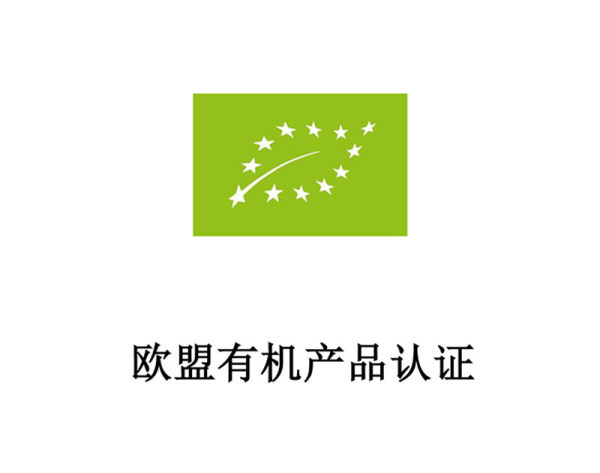
1. What is SRS equivalent EU organic product certification
SRS EU equivalent organic standard is equivalent to the provisions of Council Regulation (EC) No. 834/2007 of June 28, 2007 and Commission Regulation (EC) No. 889/2008 of September 5, 2008 and the requirements of relevant equivalent standards. It is the act of inspecting the product range, process range and site range of an enterprise and issuing organic certificates.
2. Which companies need to apply for SRS equivalent EU organic product certification
Companies that need to export "organic" products to the EU market or markets in countries with equivalent EU standards
3. Which products can apply for SRS equivalent EU organic product certification
The following agricultural products that have been put into or are planned to be put into the EU market can apply for EU organic product certification:
(1) Live or unprocessed agricultural products
(2) Processed agricultural products to be used as food
(3) Feed
(4) Yeast used as food or feed
(Items that cannot be applied for: soft-shelled turtles, wild animal products from fishing and hunting, etc.; processed products not for human food (except feed), such as lint, etc.;)
4. How to prepare for EU organic product certification
(1) Select a base or processing plant whose environment meets EU standards;
(2) Documentation: Establish a series of management system documents in accordance with standard requirements and maintain effective operation;
(3) Operationally: Conduct organic production or processing activities in accordance with the standards and keep records;
5. How long does it take to get the certification results?
Generally, the certification time can be divided into three parts: the time before the on-site inspection + the time from the inspection to the certification decision + the time for the enterprise to make rectification = the time to obtain the certificate. The time before the on-site inspection mainly depends on the time the enterprise takes to prepare the materials, which means that this part of the time is controlled by the enterprise itself. It takes 30 days from the on-site inspection to the issuance of the certification decision. The time for the enterprise to make rectification also depends on the speed of the enterprise's rectification, which is still controlled by the enterprise itself. The entire process from applying for certification to obtaining the certificate can be completed in 2 to 3 months if the enterprise actively cooperates.
6. Entering the EU market and using EU organic product labels and logos
The graphic and color requirements of the EU organic product certification mark are shown in the figure below. Please follow the following principles for printing:
a. Dimensions: The height: width of the EU organic logo is 1:1.5, and the logo must not be tilted, flipped or changed; at least 9mm high (6mm on small packaging materials) and 13.5mm wide.
b. Color: The color logo is composed of bright green and pure white, Pantone green color card 376 or four-color color card CMYK: 50/0/100/0
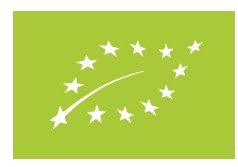
7. Validity period of organic certification
Generally speaking, organic certification certificates are valid for 12 months, and must be resubmitted and inspected three months in advance each year.
8. Is there a conversion period for EU organic products?
Generally speaking, the conversion period varies depending on the growth cycle of crops or farmed animals. The inspector will make a specific determination based on the on-site situation.
